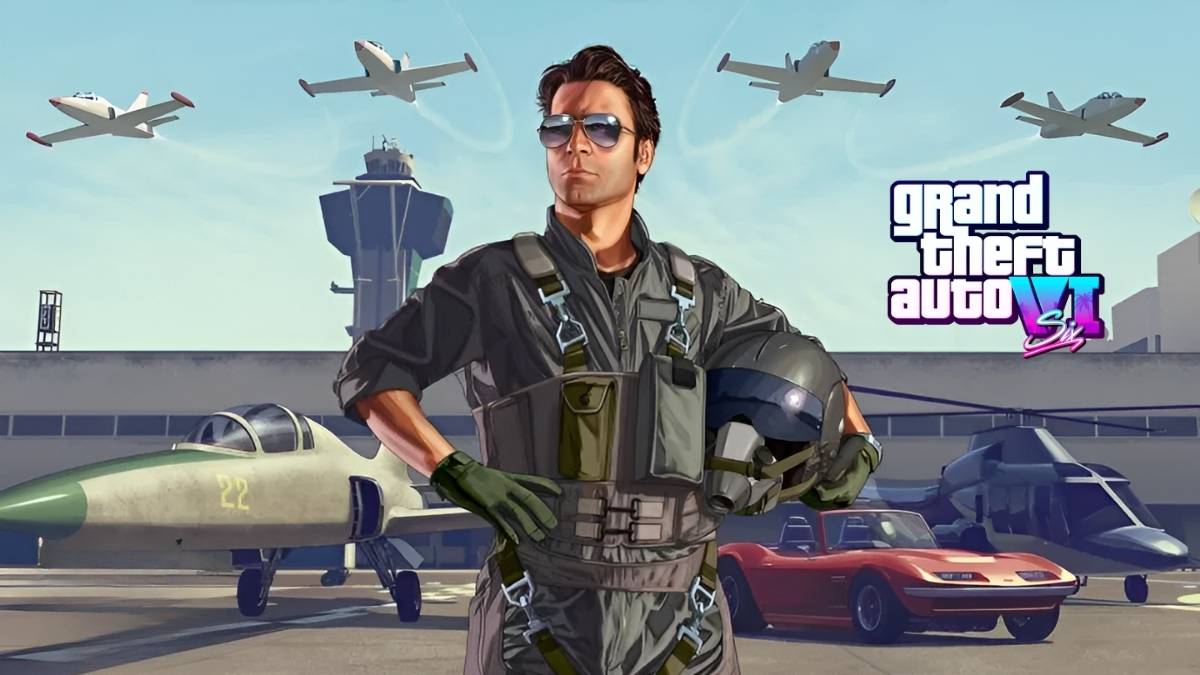The Grand Theft Auto series has always been celebrated for its sprawling open worlds, engaging narratives, and immersive gameplay. Over the years, the franchise has pushed the boundaries of interactive storytelling and realism, creating cities that feel alive with activity, culture, and opportunities. As anticipation builds for GTA 6, one of the most intriguing possibilities is the inclusion of real-time education systems. Imagine a game world where learning and skill development are integrated into gameplay, allowing players to attend classes, participate in workshops, or even pursue careers through interactive education. This concept could completely transform how players interact with the virtual city.
Reimagining Education in a Virtual World
Education is traditionally seen as a structured and time-consuming process, but in a game like GTA 6, it could become an engaging and interactive experience. Real-time education systems could allow players to enroll in in-game courses that improve their skills, unlock new abilities, or provide unique gameplay advantages. For example, attending a driving school could enhance driving precision, attending a business seminar could improve in-game negotiation skills, and participating in art classes could unlock creative customization options for characters and properties.
Such a system could make the game feel more dynamic and personal. Instead of relying solely on missions or combat to progress, players could explore knowledge-based paths to success. This approach would also create a more immersive city, where education is not an abstract concept but a tangible part of the environment. Players could visit virtual schools, libraries, or training centers and see other NPCs engaging in learning activities, creating a richer, more realistic world.
Opportunities for Skill-Based Gameplay
Integrating education into GTA 6 could also open up new gameplay mechanics. Skill-based progression tied to learning activities could make the game more rewarding and strategic. For instance, learning programming or hacking in the game could unlock new ways to approach missions, such as bypassing security systems or manipulating digital infrastructure. Language courses could allow players to communicate with NPCs from different regions, unlocking additional storylines or missions.
Beyond individual skills, collaborative education activities could be introduced. Multiplayer modes could feature workshops, competitions, or seminars where players team up or compete to complete challenges. These activities would not only enhance gameplay variety but also encourage social interaction, making the city feel like a living, interactive learning environment.
Blending Realism and Entertainment
One of the challenges of introducing real-time education systems in a game like GTA 6 is balancing realism with entertainment. Education in real life can be slow, repetitive, and sometimes tedious, but in a game, it must remain engaging and fun. Developers could achieve this balance by gamifying the learning process. Mini-games, challenges, quizzes, and practical simulations could allow players to acquire knowledge and skills without feeling like they are completing homework.
For example, a cooking class could involve time-based mini-games where players prepare dishes under pressure, while a finance course could turn budgeting and investment strategies into interactive simulations. By making education enjoyable and rewarding, players would be motivated to explore these systems and incorporate them into their gameplay.
Enhancing Storytelling and Character Development
Real-time education systems could also enrich GTA 6’s narrative and character development. Players could choose educational paths that align with their character’s personality, backstory, or career goals, influencing the way the story unfolds. A character pursuing a career in law could attend legal courses that unlock courtroom missions, while a character interested in music could participate in performance workshops leading to concerts or recording contracts.
This approach would make the game more customizable and replayable, as players could experiment with different educational paths to explore new storylines, skills, and gameplay experiences. It would also create a deeper connection between players and their characters, as the choices made in learning would have tangible consequences in the game world.
Technical Considerations
Introducing real-time education systems in GTA 6 would require careful technical planning. Scheduling, tracking progress, and integrating skill development into the existing game mechanics would be complex, especially in a multiplayer environment. The game would need a system to synchronize activities across time zones and ensure that all players have access to the educational content without conflicts.
Cultural and regional relevance would also be important. To make the system believable and engaging, the in-game courses and workshops would need to reflect a variety of educational traditions and approaches, avoiding stereotypes or inaccuracies. This could be achieved through consultation with educators, subject experts, and cultural advisors.
Potential Impact on Player Engagement
The inclusion of real-time education systems could significantly enhance player engagement. Players would have new reasons to explore the city, attend classes, complete assignments, and develop their skills. This system could create long-term goals beyond traditional missions, encouraging players to return regularly and invest in their character’s growth.
Social features could further enhance engagement. Players could share their progress, compete in knowledge-based challenges, or collaborate on learning projects. Education could become a social experience within the game, fostering connections between players and transforming the virtual city into a hub of interactive learning and creativity.
Conclusion
The concept of real-time education systems in GTA 6 offers a fascinating opportunity to redefine what an open-world game can achieve. By integrating learning and skill development into the gameplay, the game could provide a more immersive, dynamic, and personalized experience. Players could enhance their abilities, explore new storylines, and engage with the city in a way that goes beyond traditional missions and combat.
If Rockstar Games were to implement this feature thoughtfully, GTA 6 could not only entertain but also inspire players to value creativity, problem-solving, and continuous learning. This approach would make the game world richer, more interactive, and more meaningful, setting a new benchmark for innovation in open-world gaming.
